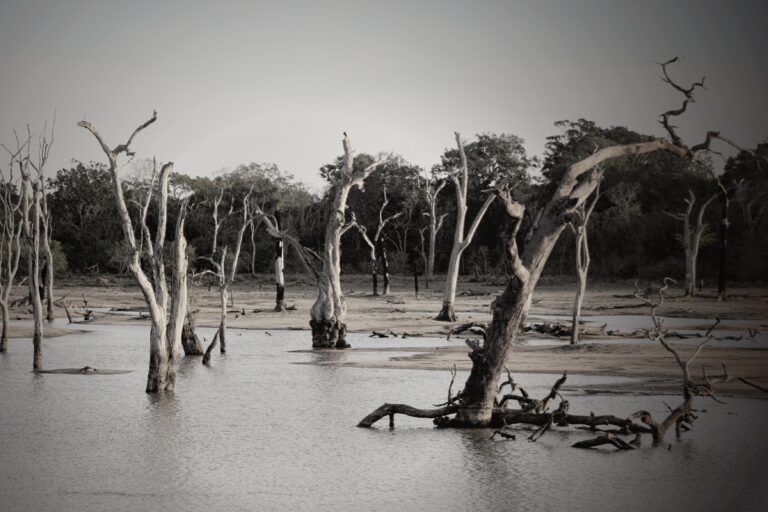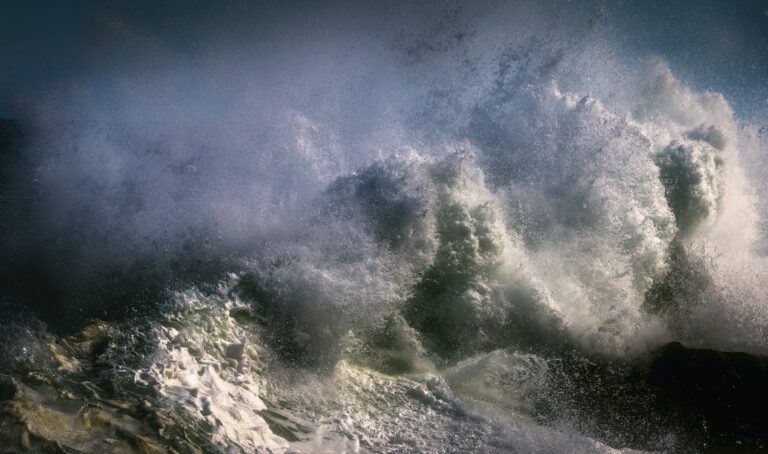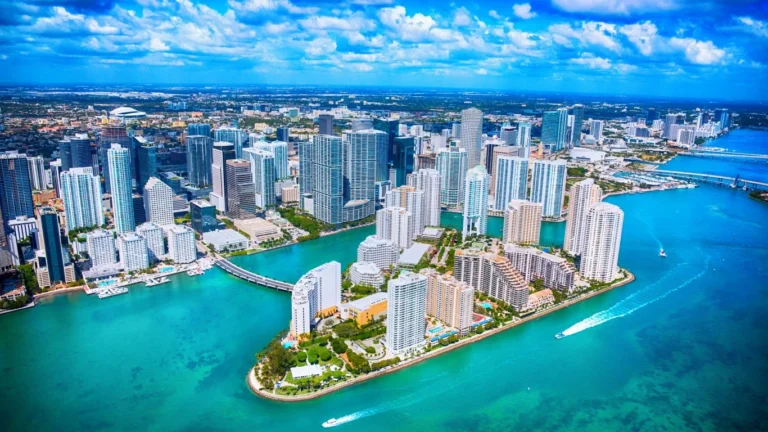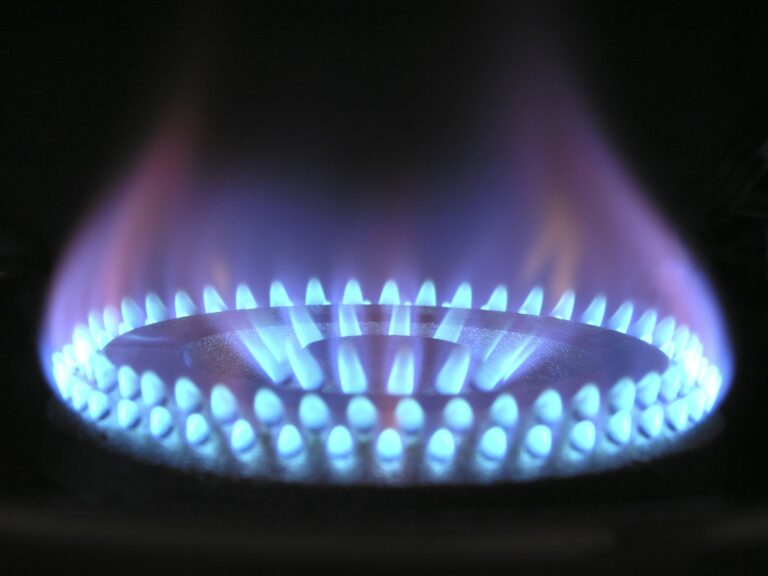The Hottest Christmas In History

It will be hot this Christmas and, in all likelihood, its hottest Christmas in American history. Axios recently pointed out that in the country’s middle part, from Texas to the Canadian border, temperatures will be between 20 degrees F and 35 degrees F higher than normal. Further, it reports that an east-to-west jet stream will be a primary cause.
Important news: You May Never Pay A Lot For Gas Again
Video: Do Oil Companies Care About Climate Change?
Weather.com provides more evidence of how warm Christmas will be:
The pattern leading up to Christmas Day will be dominated by warmer-than-average temperatures spreading across the central and eastern states, which means that any precipitation will likely be in the form of rain for most areas.
The evidence from several cities is also compelling. In Minneapolis, one of the northernmost cities in the US, the temperature will be 52 degrees F on Christmas Eve. In Milwaukee, it will be 50 degrees F. In Chicago, it will be 54 degrees.
There will be above-average temperatures in the south as well. It will be 65 in Dallas and the same in New Orleans. One of the few large cities in the middle of the US where temperatures will be closer to normal is Denver, where the number will drop from 51 degrees F on December 23 to 35 degrees F on Christmas Eve.
High temperatures will extend to New England. It will be 46 degrees F in Boston on Christmas Eve. It will be 43 degrees F, much further north in Portland simultaneously.
The Washington Post picked seven large cities expected to post record temperatures. “Minneapolis may set record highs on Christmas Eve and Christmas Day as atypical warmth stretches from Texas to north of the Canadian border. Some spots could surpass calendar day record highs by 5 to 10 degrees.:
Is the evidence for the hottest Christmas in the US dispositive? No, but it is close.
Sponsor
Find a Vetted Financial Advisor
- Finding a fiduciary financial advisor doesn't have to be hard. SmartAsset's free tool matches you with up to 3 financial advisors that serve your area in 5 minutes.
- Each advisor has been vetted by SmartAsset and is held to a fiduciary standard to act in your best interests. Get on the path toward achieving your financial goals!






